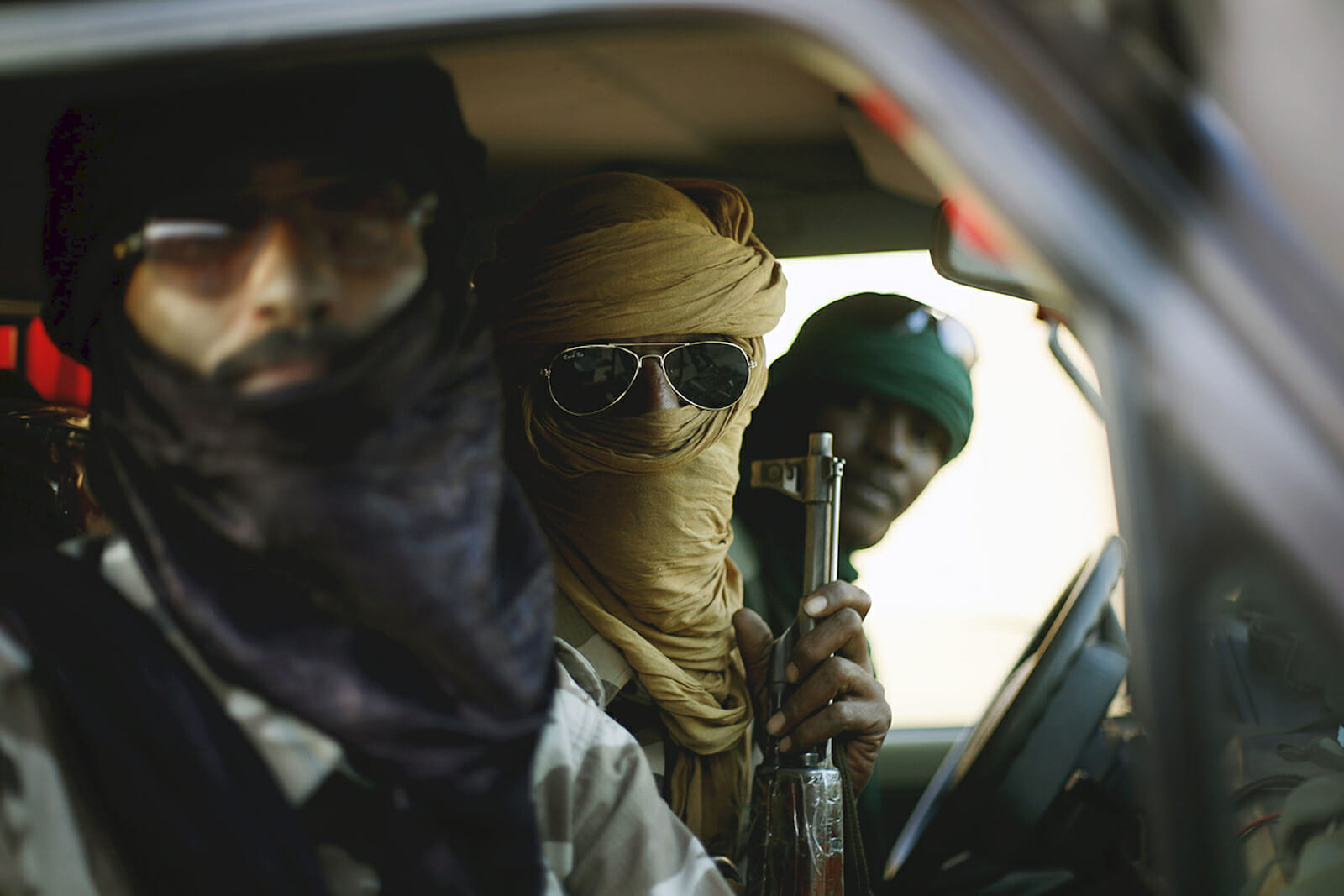
Islamic Extremism in Africa
Last week’s attacks on innocent civilians in Kenya are a reminder of the growing threat posed by Islamic extremists in many parts of Africa. In spite of all the resources devoted to fighting Somalia-based Al Shabaab in recent years, the group has grown stronger and continues to cross the region’s borders with impunity. The same is true with Boko Haram in Nigeria and Al Qaeda in the Islamic Maghreb. The West and regional governments appear to be fighting a losing battle.
The reasons for this vary from a lack of sufficient resources devoted to the problem, to a failure to efficiently implement existing resources, to a lack of will to do what is necessary to adequately address the issue. Pervasive poverty, porous borders, and a thriving arms trade compound the problem. The result is that extremist groups are flourishing.
Africa is particularly ripe for this because so many of its countries are either failed or failing states, unable to either provide basic needs for their people or control all of their sovereign territory.
Kenya is ranked 17th in the Failed States Index — sandwiched between Nigeria and Niger. Number one on that list is its neighbor Somalia; number four is another neighbor, South Sudan; and next to that is number nine, the Central African Republic. In fact, Africa is the home of 15 of the top 20 failed or failing states on the Index.
There is a swathe of states — from Africa’s east coast to West Africa — that are effectively ungovernable, what I call the ‘African Confederation of Failed States.’ What they all have in common are a combination of a lack of perceived governmental legitimacy, terrible corruption, a topography that defies border security, and either being Muslim states or in proximity to Muslim states. The political scientist Samuel Huntington believed that countries neighboring Muslim states are more likely to experience cross-border conflict.
Islamic extremists have seized the opportunity to wreak havoc in countries where they know there is a good chance they will be successful, combining chronic dissatisfaction with existing governing authorities with brute force. Their timing is good, in the sense that donor countries are suffering from “terrorism fatigue,” running out of financial resources to combat the problem as well as the political will to carry on fighting.
So we are at a real crossroads. The bloodletting continues unabated in the Middle East and is spreading in Africa: Algeria, the Central African Republic, Kenya, Libya, Mali, Nigeria, Somalia — the list is getting longer. As a result of the Arab Awakening, forces pent-up for decades have been unleashed, and may very well be unstoppable. The West certainly seems powerless to do much of anything about it.
Corruption lay at the core of the problem because no fight against terrorism has been or can be successful in highly corrupt countries. Resources either fail to end up in the right place or disappear altogether. In Transparency International’s Corruption Perception Index, the best scoring African country (Botswana) is ‘moderately’ corrupt. Of Africa’s 57 countries, 46 are judged to be either corrupt or highly corrupt, including 4 of the worst 6. When corruption is so rampant, the state becomes an integral part of the problem.
It would be nice to be able to say that the threat of Islamic fundamentalism has peaked in Africa and that the worst is over, but given the current state of affairs that simply is not the case. In all likelihood, the threat will grow — considerably — in the months and years to come. Given the scope of corruption and all the difficulties associated with combatting the problem, the region’s security services will, unfortunately, continue to be relegated to the role of firemen — putting out fires, instead of preventing them.

